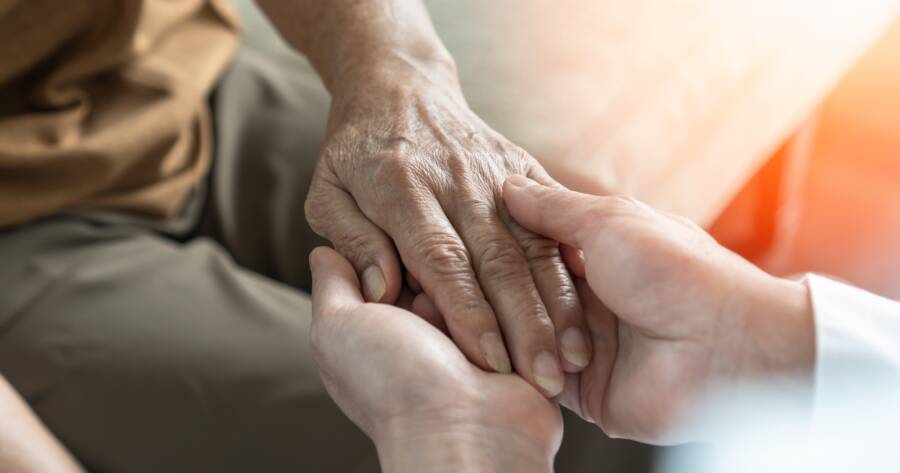Caregivers play a vital role in the lives of those they care for. They provide physical, emotional, and social support, often for long periods. This can be a demanding role, but there are many resources available to help caregivers. Taking care of yourself – including physical and mental health – is critical to your well-being and longevity as a caregiver.
What is Caregiving?
Caregiving refers to the provision of assistance and support to individuals who require help due to age-related issues, chronic illnesses, disabilities, or other circumstances that limit their ability to care for themselves. It involves a wide range of tasks and responsibilities, including personal care, medical management, emotional support, and household chores. Caregiving can be provided by family members, friends, or healthcare professionals.
The role of a caregiver is demanding and often requires a significant investment of time and energy. Caregivers may experience physical, emotional, and financial strain, as well as social isolation. However, caregiving can also be a rewarding experience that provides opportunities for personal growth and fulfillment.
According to a recent study published in the Journal of the American Geriatrics Society, approximately 38 million adults in the United States provide unpaid care to an adult aged 50 or older.1 Over half of those are women.
Caregiving: A Rewarding Role
Caregiving can be a challenging but rewarding experience. It provides an opportunity to make a positive impact on the life of another person and to contribute to their well-being. Caregivers often develop close relationships with the individuals they care for, and they may experience a sense of fulfillment and purpose from their role.
In addition to the emotional rewards of caregiving, there are also a number of practical benefits. Caregiving can help to keep individuals healthy and independent, and it can delay or prevent the need for institutionalization. Caregiving can also provide financial savings for families, as it can reduce the need for paid care services.
Practical Tips
Caregiving can be a demanding task, but there are a number of things that individuals can do to make it easier.2 These include:
- Educate yourself about the condition. Learn as much as you can about the condition that the person you are caring for is facing. This will help you to understand their needs and to provide the best possible care.
- Set realistic expectations. Caregiving is a marathon, not a sprint. It is important to set realistic expectations for yourself and for the person you are caring for. This will help to avoid burnout and frustration.
- Take care of yourself. It is important to take care of your own physical and emotional health when you are a caregiver. Make sure to get enough sleep, eat healthy foods, and exercise regularly. It is also important to find time for yourself to relax and de-stress.
- Ask for help. Do not be afraid to ask for help from family, friends, or professional caregivers. It may feel too overwhelming to ask for help with big tasks, but even smaller tasks can help. Be honest about what you need.
- Reach out for support. Talk to your doctor, who may be able to refer to you online or in-person support groups and community resources to relieve some of the burden. Having a good therapist to talk to can also be beneficial for your mental health.
Learn More About Caregiving
There are a number of resources available to individuals who are interested in learning more about caregiving. These include:
- The National Caregivers Library: This website provides a wealth of information on caregiving, including articles, books, and videos.
- The Family Caregiver Alliance: This organization provides support and resources to caregivers, including educational programs, counseling, and respite care.
- The National Institute on Aging: This government agency provides information on caregiving, including tips on how to care for a loved one with a chronic illness or disability.
